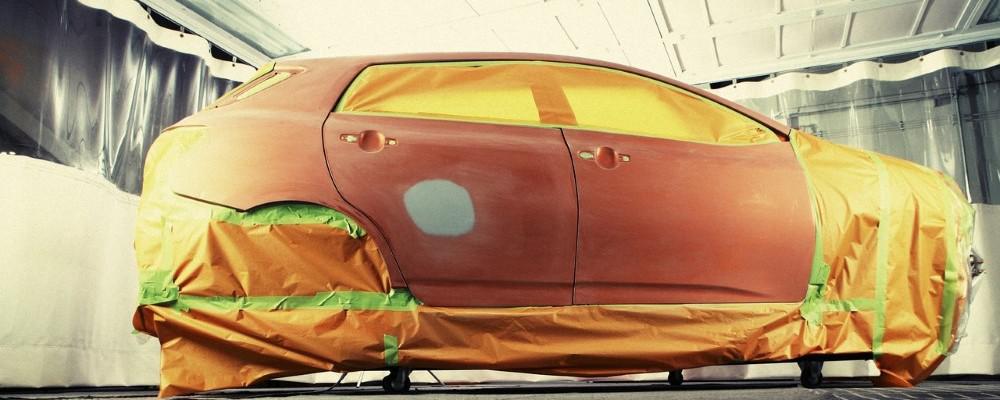
Don’t reach for that spraygun just yet….!
Masking and Taping
Masking for repair or respray Faulty masking can be one of the most obvious signs of a paint repair, leaving telltale paint on mouldings and trims, therefore time and attention paid to detail is well worth it. Remove dust, etc. from the repair area prior to beginning masking, preferably by using compressed air to blow...
How To Match Car Colours Perfectly
Colour matching - identify the correct colour Colour matching, or the lack of it, is the most obvious part of some repairs. Here we will try to deal with the problems involved in choosing the correct colour, and to give you an insight into the things that can go wrong. Most cars have a paint...
Primers and Undercoats
Primers and surface coatings Different types of primer. There are many different types of primer on sale, each with its’ own specific purpose. Below is a brief overview of their uses, including good points and bad points, to help decide which type to use for any particular job. Etch primers Used as the first coat...
Water Based Paints
Water soluble solid colours and basecoats are now commonly used by paintshops, largely because of stricter regulations regarding VOC (solvent) content in traditional car paints. Water based car paints are now relatively common in professional bodyshops, having been used several years earlier by most manufacturers. Available as solid colours and metallics, they perform the same...
-

